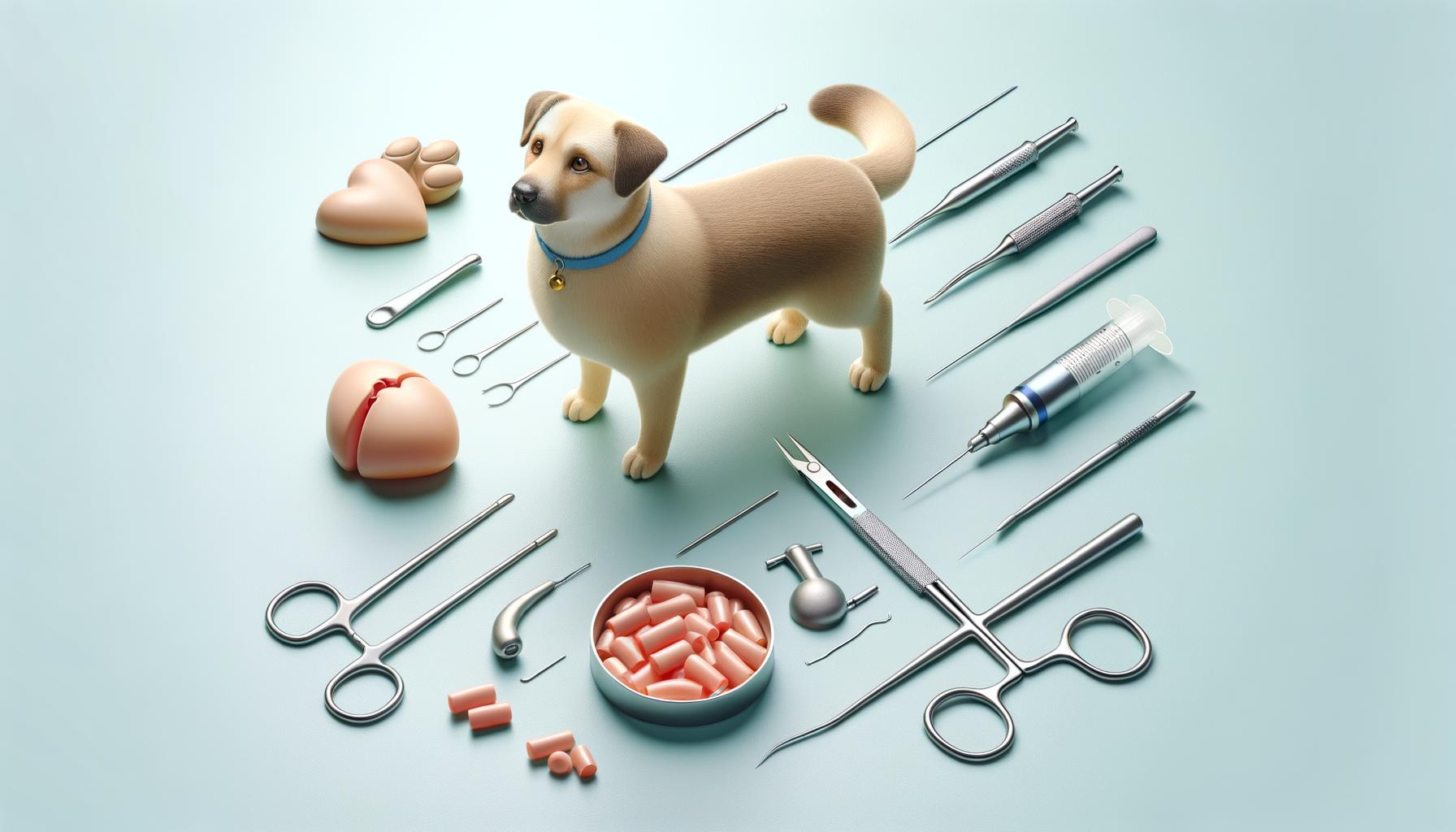Understanding Pet Neutering: A Comprehensive Guide
Pet neutering extends beyond population control, offering significant health and behavioral benefits for our furry companions.

Benefits of Neutering Your Pet
Neutering is a vital procedure that offers numerous benefits for both pets and their owners. It is not only a method of preventing unwanted offspring, but it also enhances your pet’s overall health. For instance, neutering can reduce the risk of testicular cancer and decrease the chances of developing prostate problems in male pets. Female pets benefit from a reduced risk of mammary tumors and the elimination of the possibility of ovarian or uterine cancer. These aspects make neutering an important consideration for any responsible pet owner. Additionally, pets that are neutered often display a calmer demeanor, helping to curb aggression and marking behavior, which can be a significant advantage for owners struggling with unruly behavior.
The Ideal Age for Neutering
Determining the best age to neuter your pet can depend on various factors such as the pet’s breed, size, and health status. Typically, pets are neutered between six months and a year old. However, some veterinarians might suggest earlier procedures, especially for cats, as they tend to reach sexual maturity sooner. Conversely, larger breeds of dogs might benefit from waiting until they are a bit older, as this can contribute to better bone development. Consulting with your vet can provide the best guidance tailored to your pet’s specific needs, ensuring both short-term relief and long-term health gains.
Myths and Misconceptions About Neutering
Neutering is often surrounded by myths that can deter pet owners from making informed decisions. Common misconceptions include the belief that neutering will fundamentally change a pet’s personality or cause undue weight gain. In reality, while neutering can influence behavioral changes, these are typically positive shifts, such as reduced aggression. Weight gain is often linked to decreased activity levels post-surgery, not the procedure itself. By managing diet and exercise, pet owners can maintain their pet’s healthy weight. Understanding that neutering is a standard, responsible approach to pet care helps dispel the myths, promoting more informed decisions.
The Neutering Procedure and Recovery
The neutering procedure is relatively straightforward and involves the surgical removal of the reproductive organs. For males, this means removing the testicles, whereas females involve the removal of the ovaries and often the uterus. The surgery is typically performed under general anesthesia and is considered low-risk. After the procedure, pets generally require a short period of recovery, during which owners should monitor for signs of infection, such as swelling or discharge. A quiet environment conducive to rest can aid recovery. Key recovery tips include:
- Monitoring activity levels to prevent injury.
- Ensuring regular follow-up check-ups.
- Maintaining an appropriate diet to avoid weight gain.
Alternatives and Considerations
While neutering offers numerous benefits, it’s essential to consider all options and make an informed choice for your pet. Alternative approaches, such as chemical neutering, provide temporary contraception without surgery but often at the expense of higher costs or more frequent treatments. Additionally, some pet owners opt for leaving their pets intact for breeding purposes, though this comes with significant responsibility to prevent overpopulation and ensure the well-being of the animals involved. Ultimately, careful consideration and dialogue with a veterinarian are key factors in deciding the best course of action for your pet.
Conclusion: Making the Decision for Your Pet
Deciding to neuter your pet is a significant step in ensuring their long-term health and well-being. It’s a responsible choice that requires understanding the potential benefits and considerations involved. By consulting with a veterinarian, you can make an informed decision that aligns with your pet’s needs, financial considerations, and ethical stance on animal care. Remember, neutering is not just about controlling animal populations – it is about fostering a better quality of life for your pets.
